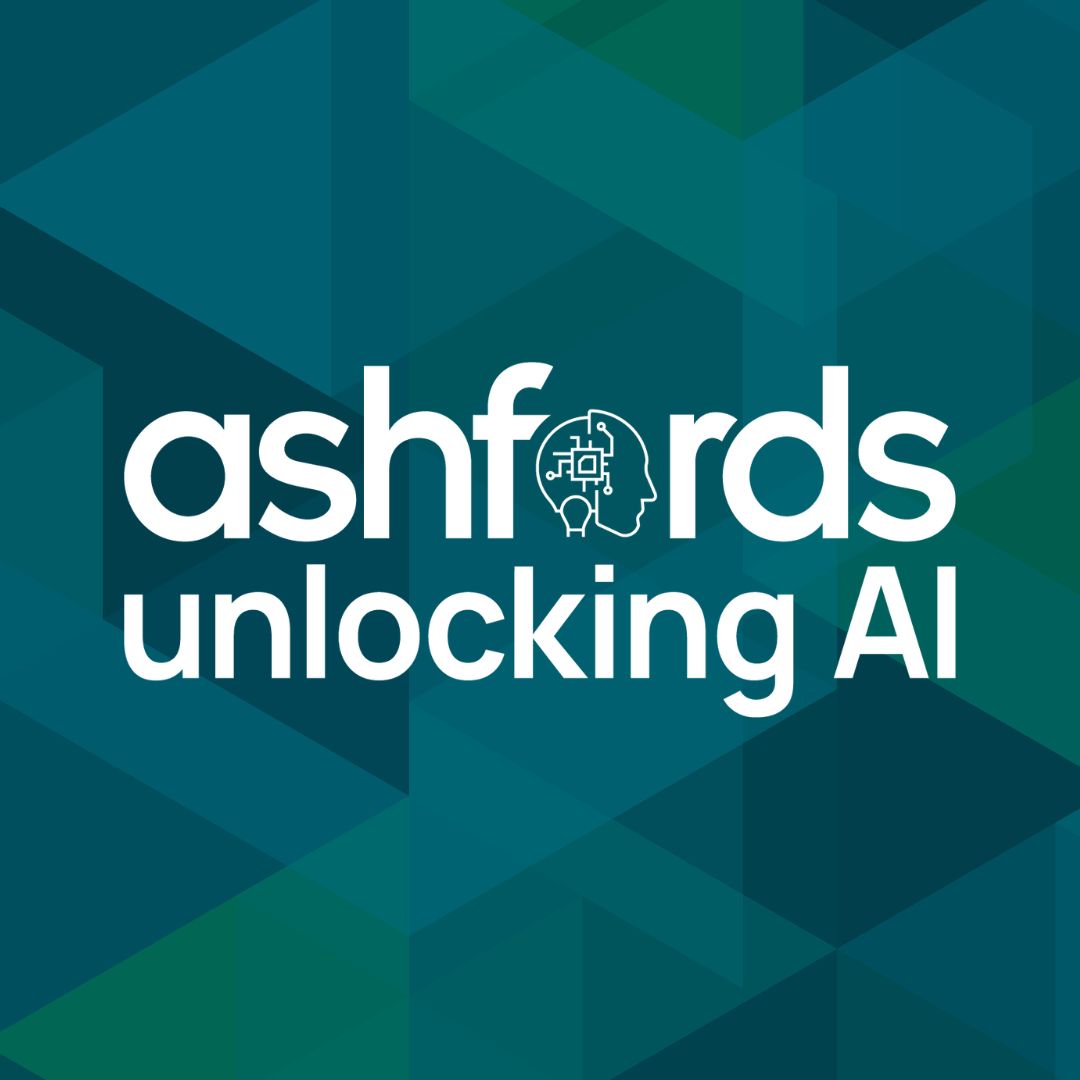Despite there being a need to achieve a balance between the benefits and drawbacks of AI and its abilities to improve the due diligence (DD) process across mergers and acquisitions (M&A), venture capital and private equity transactions - AI is very much here to stay. Over the next few years, legal advisors will certainly need to place increasing focus on how we can use it to improve service delivery for our clients. AI tools could truly change the way we and our clients are able to undertake DD, but there needs to be a focus on creating a sufficiently broad dataset for AI to learn from to be able to identify and allocate the correct information at the complex stage of DD with a vast number of documents to work from.
However, with the speed that AI tools are being created, tested and amended, we may be able to embrace these tools as the ultimate accessory, to assist us and our clients to achieve the important balance between time, cost, accuracy and efficiency.
So, to address the question which many readers may have on their minds when reading this article and the many others out there on the future of AI; will AI replace lawyers? For the foreseeable future, we think not.
Although AI can outmatch humans in quickly analysing large amounts of data, AI does not have the human ability to:
Advice from good advisors therefore remains essential to operate effectively alongside the current or currently foreseeable benefits of AI, as opposed to these advisors being replaced in their entirety.
Whether this continues to evolve in future, and whether the regulatory environment will be comfortable to allow AI to develop the capabilities to perform these functions as well as humans, remains to be seen.
To wrap things up - given that we are focussing on the impact and power of AI-driven tools, we asked a market-leading large language model (LLM), ChatGPT, what its ‘thoughts’ were on this subject. Here is an extract:
“AI has had a significant impact on various aspects of legal due diligence, transforming the way legal professionals conduct research, analyse documents, and make informed decisions… However…Legal professionals still play a critical role in interpreting results, making strategic decisions, and providing nuanced legal analysis that goes beyond what AI can provide….Overreliance on AI recommendations without considering the broader context may lead to suboptimal decision-making.”
As you can see, this is pretty much the same conclusion as the one we came to above. Whether this supports or weakens our case that AI isn’t yet in a position to replace expert lawyers is open to interpretation.
For more information, please contact our Corporate team.
If you are interested in how AI will change business and the law, visit and bookmark our Spotlight AI hub for more AI insights. The Hub brings together commentary from Ashfords’ experts, our clients and our contacts across a wide range of areas; looking at how AI might impact as its use evolves.
Please do also get in touch if there are any specific areas related to AI that you’d be interested in hearing more about.
Visit our AI spotlight area